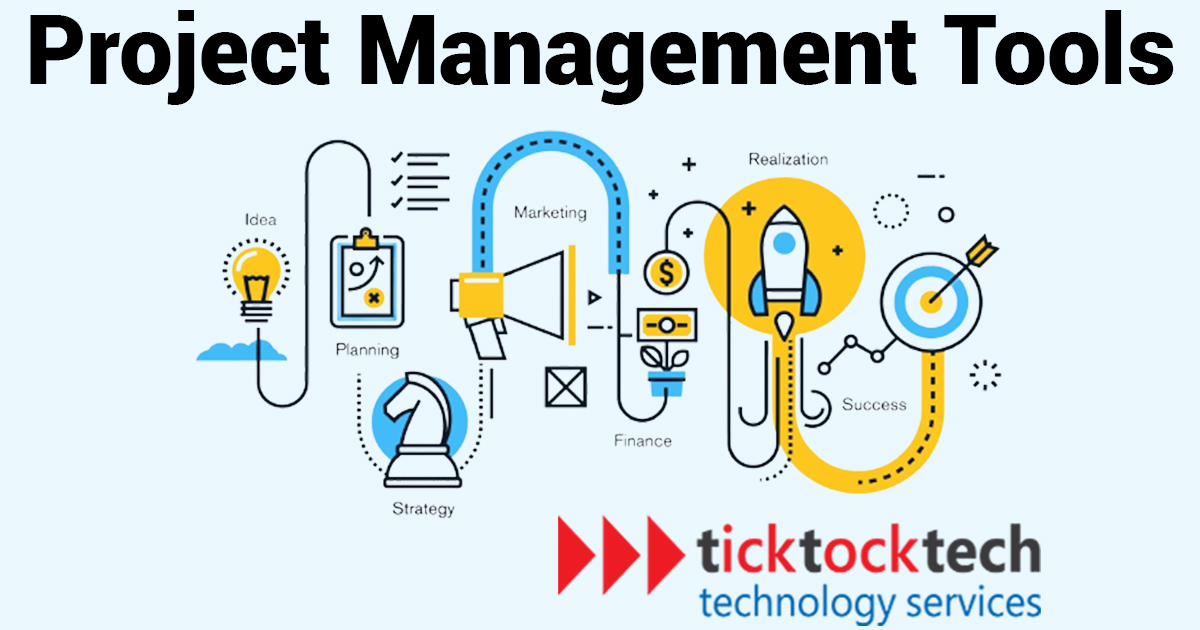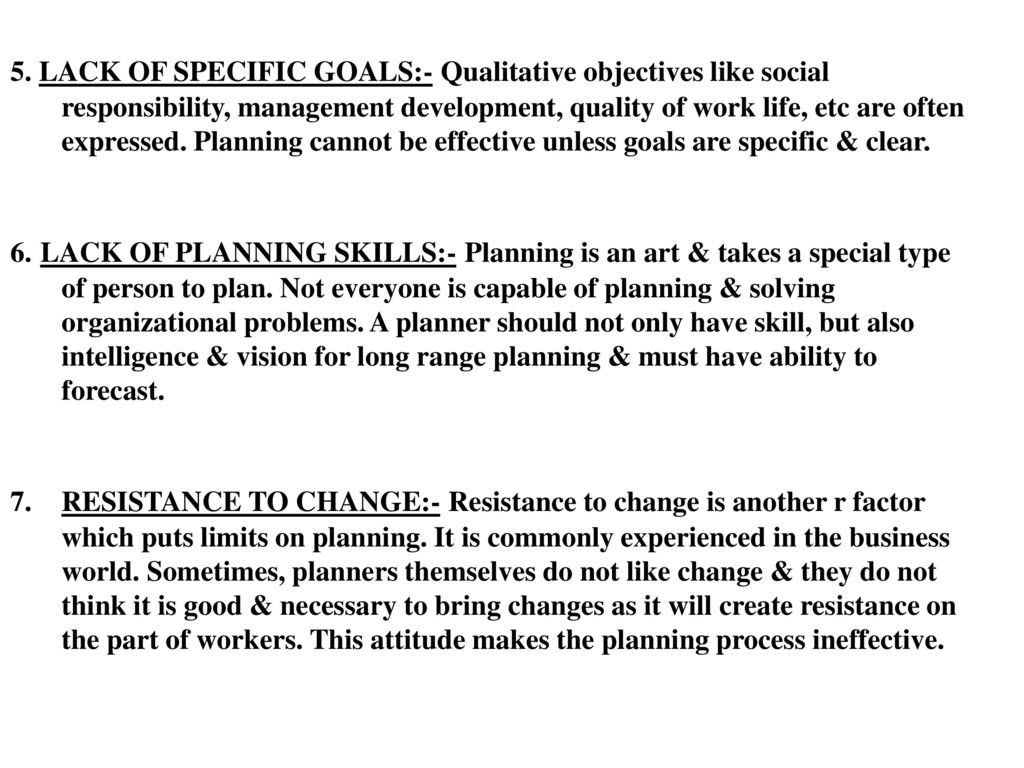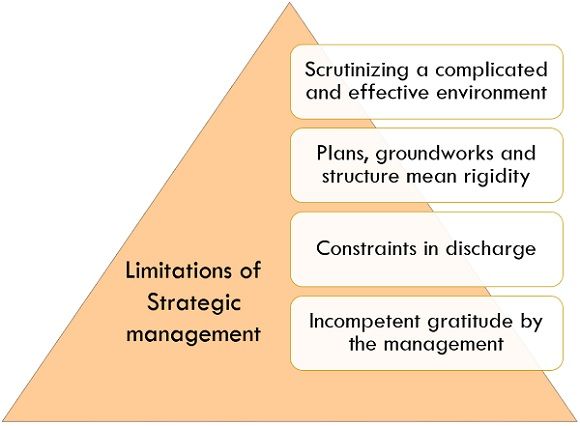Planning is a crucial aspect of management that involves setting goals and objectives, analyzing and forecasting future events, and determining the best course of action to achieve the desired outcomes. While planning can provide numerous benefits, it is also subject to certain limitations that can impact its effectiveness.
One limitation of planning is that it relies on assumptions and predictions about the future. These assumptions and predictions are often based on past trends and patterns, but they may not always hold true in the future. This can lead to plans that are not well-suited to changing circumstances, which can result in difficulties and setbacks.
Another limitation is that planning can be time-consuming and resource-intensive. This can be particularly problematic for smaller organizations or those with limited resources. In these cases, the time and resources spent on planning may come at the expense of other important activities, such as operations and customer service.
In addition, planning can be hindered by the lack of accurate or complete information. If the information used to develop a plan is incomplete or inaccurate, the resulting plan may be flawed and ultimately unsuccessful. This can be particularly problematic in dynamic and rapidly changing environments, where information can quickly become outdated or irrelevant.
Furthermore, planning can be subject to bias and personal preference, which can limit its objectivity and effectiveness. For example, a manager may have a particular perspective or preference that influences the goals and objectives that are set and the actions that are taken to achieve them. This can lead to plans that are not fully aligned with the organization's overall strategy and goals.
Finally, planning can be impacted by external factors that are beyond the control of the organization. These may include economic conditions, technological advancements, and changes in customer demand, among others. These external factors can significantly impact the feasibility and success of a plan, even if it was well-crafted and carefully thought out.
In conclusion, while planning is an essential aspect of management, it is subject to various limitations that can impact its effectiveness. These limitations include the reliance on assumptions and predictions about the future, the time and resources required, the lack of accurate or complete information, personal bias, and external factors. To be successful, it is important for organizations to recognize and address these limitations in their planning processes.







